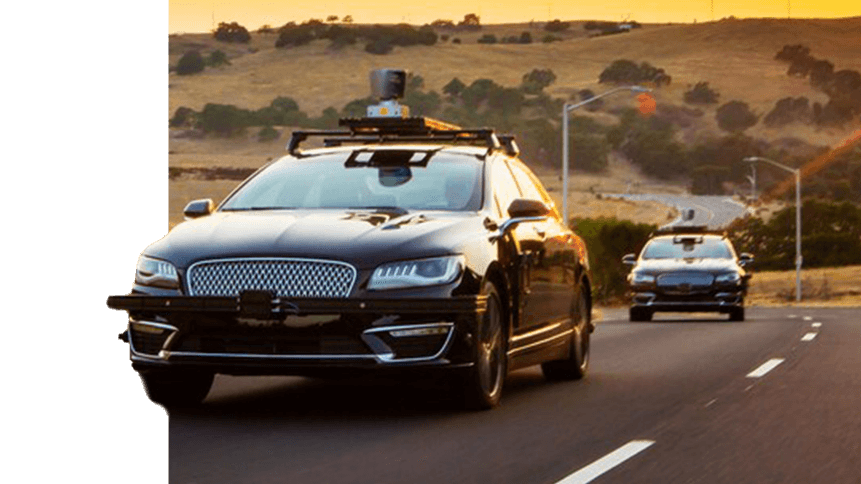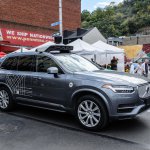Aurora investment hints at Amazon driverless ambitions

Self-driving startup Aurora Innovation has raised US$530 million from a group of investors including Silicon Valley venture capital firm Sequoia Capital and e-commerce titan Amazon.
Having built alliances with Hyundai, Volkswagen, and Chinese carmaker Byton while remaining largely independent, Sequoia said the autonomous car developer has “the best shot of being the most disruptive force going forward”.
The second round of funding values Aurora at US$2.5 billion, and— with a team made of former Waymo developers and Tesla autopilot engineers— it’s likely to accelerate the Palo Alto-based firm to frontrunner position in the autonomous vehicle race.
However, it’s the investment from Amazon that has our ears pricking at TechHQ. The company is a leader in supply-chain automation and is vocal about pushing the envelope with new technology, such as drones, to carry out transportation and deliveries.
And, of course, self-driving cars aren’t just for people— they can also serve a fundamental role in logistics.
“Autonomous technology has the potential to help make the jobs of our employees and partners safer and more productive…whether it’s in a fulfillment center or on the road, and we’re excited about the possibilities,” said a spokesperson from Amazon.
The e-commerce firm has long pioneered the use of warehouse automation at scale, having acquired robotics technology firm Kiva System for US$ 775 million in 2012, which deliver certain products from shelf to staff.
YOU MIGHT LIKE

Driverless cars ‘on track’ to hit UK roads by 2021
Most recently, the company invested in Balyo, a French-based autonomous vehicle navigation company which is able to turn forklifts into self-driving vehicles— meaning the warehouses can operate with fewer manual workers.
Further down the supply-chain, Amazon is set on disrupting last-mile deliveries. Drone deliveries are certainly a component of this— and the business claims to still be pursuing this— but there are still issues with regulation, noise pollution, range limitations and size/weight restrictions for packages.
Self-driving vehicles, however, could make multiple deliveries of larger sized items, undergo longer distances and work around the clock. Amazon already has a team dedicated to autonomous vehicle technology and, according to CNBC, the firm is already using autonomous trucks to transport goods.
With annual delivery costs exceeding US$27 billion in 2018, Amazon has some serious cause to consider every option of making things more efficient and cheaper. While we don’t know the figure of the e-commerce giant’s investment into Aurora, the investment could be evidence that Amazon is getting ready put things in drive.









